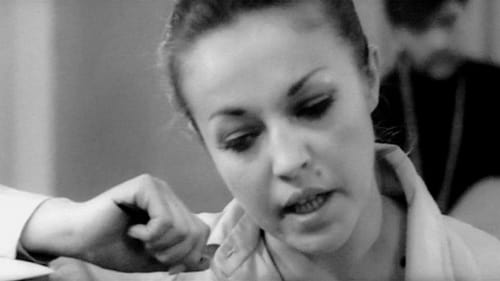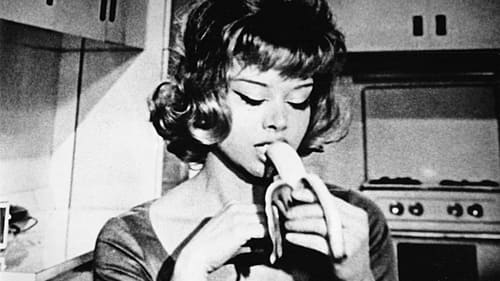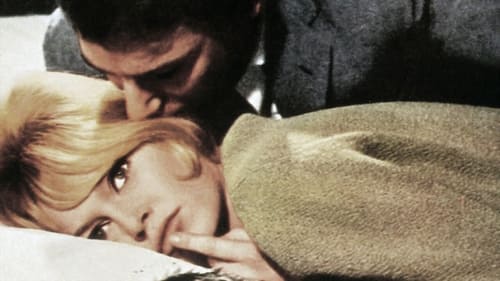
Dialogue
Céline is a free-spirited woman is married to a dull, middle manager Philippe. Her husband's co-worker pegged her as a household ornament because of the union. She befriends a woman who shows her how to juggle the couple's living expenses to get what she wants. As she asserts her independence and gradually frees herself from her husband's claustrophobic world, she turns to painting and writing about the inequity between genders.

Adaptation
Céline is a free-spirited woman is married to a dull, middle manager Philippe. Her husband's co-worker pegged her as a household ornament because of the union. She befriends a woman who shows her how to juggle the couple's living expenses to get what she wants. As she asserts her independence and gradually frees herself from her husband's claustrophobic world, she turns to painting and writing about the inequity between genders.

Novel
Céline is a free-spirited woman is married to a dull, middle manager Philippe. Her husband's co-worker pegged her as a household ornament because of the union. She befriends a woman who shows her how to juggle the couple's living expenses to get what she wants. As she asserts her independence and gradually frees herself from her husband's claustrophobic world, she turns to painting and writing about the inequity between genders.

Novel
Lorenzo is a handsome, intelligent, charming, elegant and liberal man. All he asks for is total devotion. And Margarita, foolishly, falls in love with him…

Report on the young people of the yéyé period and pop music. Jerk at the Palladium, Beatles, press clippings, questions about the impact of fashion (long hair and accoutrements) and modernity, youth, change, freedom.

Writer
The film in its first part intends to show the alienation of modern man by advertising, then talks to us about the image of women in advertising, society, entertainment, fashion, dreams, fantasies. Its last part is composed of saucy fake scopitones .

Novel
A young girl rescues a man from a suicide attempt. He turns out to be a sociopath, who begins to take over her life, abusing her both verbally and emotionally, yet she can't seem to tear herself away from him.

Complice n°1
In 1962, François Truffaut visited the Mar del Plata Film Festival to present his competition in the brand-new Jules and Jim. At that stage of the Festival, from 1954 to 1970, names that today sound mythical were common figures among the guests. Truffaut, along with his colleagues from the Cahiers du Cinéma, would take French films by storm with Les 400 Coups (1959) and the Nouvelle Vague would become a key movement in the history of cinema. A few years after his debut and accompanied by the success of Jules and Jim, Truffaut was already well on his way to becoming a legend. In his visit to the Festival, in 16 mm titled Los 4 Golpes (this, in Castilian), even exhibiting in that look a playful look on his work. This short film, for different reasons, was rarely shown and remains a rarity in the director's film.

Screenplay
As Dominique Marceau is being tried for the murder of Gilbert Tellier, accounts by different witnesses paint a picture of the kind of relationship the two used to share.







